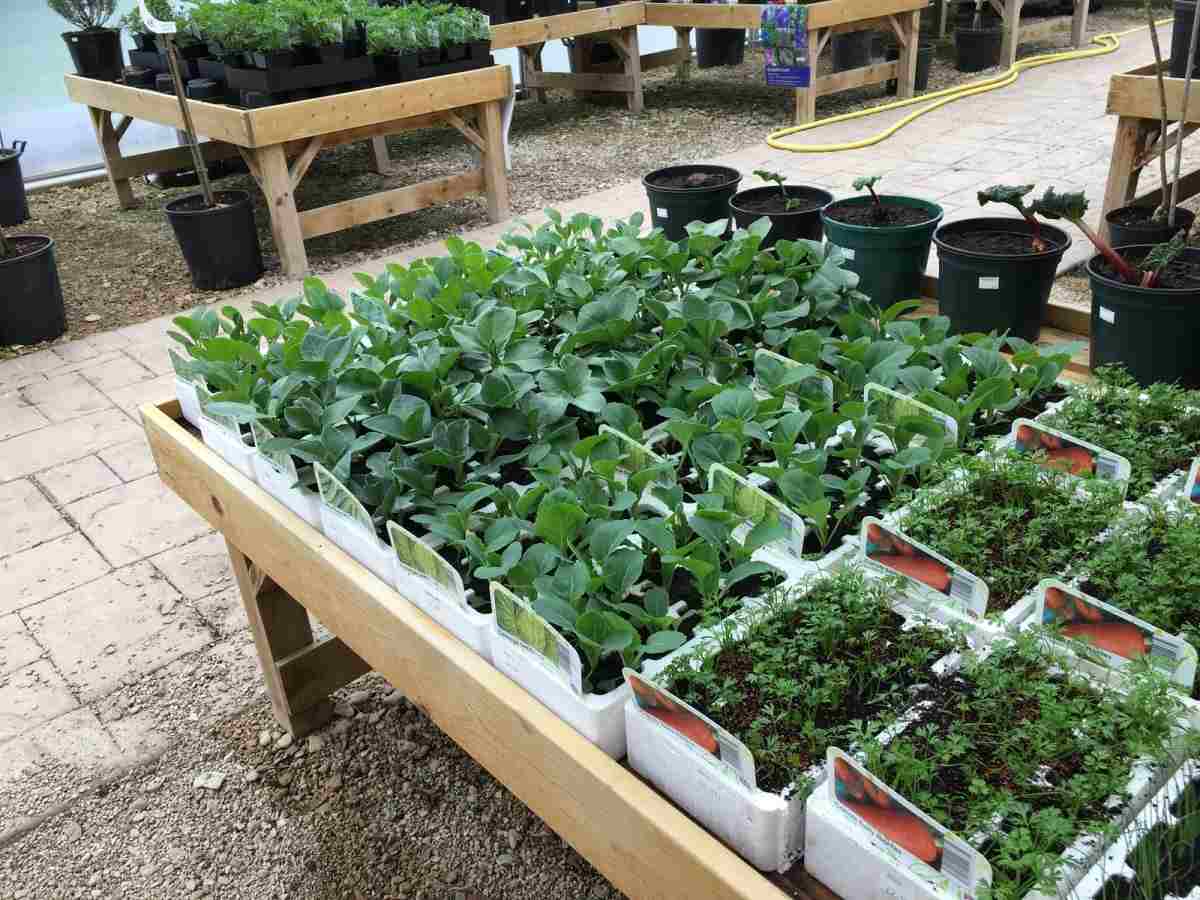“A vegetable nursery is a place or an establishment for raising or handling young vegetable seedlings until they are ready for more permanent planting”.
Pros & Cons of Planting a Garden A home vegetable garden can provide fresh produce for a family, often enabling you to enjoy a fresh harvest while saving money. As you consider whether to plant a vegetable garden, explore both the pros and cons of planting a garden to determine whether you wish to pursue vegetable gardening.
1. MONEY :-
● Planting and growing your own vegetables can save money, if you spend wisely on the materials required to plant the garden.
● By making your own compost or using municipal compost, you can save money as you improve your soil.
● Save money also by planting seeds instead of purchasing seedling plants. Purchase tools carefully, buying only the items you require.
● If you do not watch expenditures, planting a garden can be more expensive than purchasing fresh vegetables from a farmer’s market or from the grocery store.
2. EFFORT :-
● The effort required to plant and maintain a garden can be either a pro or con, depending upon your point of view.
● If you enjoy the exercise and activity of working in the garden, the work is a positive aspect of gardening.
● The physical aspect of gardening can also alleviate stress. If the activity proves too difficult or taxing for you or if you have health problems that make working in the garden a burden, the work is a negative aspect of gardening.
● Planting and growing your own vegetables can save money, if you spend wisely on the materials required to plant the garden.
● If you do not watch expenditures, planting a garden can be more expensive than purchasing fresh vegetables from a farmer’s market or from the grocery store.
3. TIME :-
● Planting and tending a garden requires time. Many gardeners enjoy gardening so much that the time they spend taking care of the garden becomes a hobby as well as a profitable activity.
● In this situation, gardening can be a positive activity.
● If you are so busy with work or other commitments that you have little spare time, the time required to tend a garden may be a negative aspect of gardening.
4. LAND USE :-
● Many gardeners use a portion of their yard or property for a garden.
● A garden site requires at least six hours of direct sun every day.
● Because some people may have limited space for a garden, lack of space can be a negative aspect.
● You can try to solve space issues by planting vegetables in containers or by utilizing trellises for vertical gardening.
● Vertical gardening methods require training some vegetables (peas, beans, tomatoes and squash, for example) to climb vertically instead of growing along the soil.
● If you have plenty of room for a garden, space should not be a positive or negative aspect about gardening.
5. SELECTION :-
● When you wish to eat specific vegetables, such as a particular gourmet tomato, for example, you can plant them in a vegetable garden to produce them.
● Often a gardener with a taste for unusual or exotic vegetables can satisfy these desires by planting a vegetable garden.
● Many gardeners also appreciate knowing about the growing methods used to grow vegetables and whether or not chemicals were used on their produce.
● When you grow your own vegetables, you can decide exactly how to grow them and you know what methods you used.
● The selection of vegetables is usually a positive aspect of gardening
Requirements & Management of Vegetable Nursery Crops :-
Young plants, whether propagated from seed or vegetative reproduction, require lots of care mainly during the early stages of growth. Then, they have to be protected from adverse temperatures, heavy rain, drought, wind, and varieties of pests and disease. If small seeds of vegetables are directly sown in the field, germination is poor and the young plant grows very slowly and requires lots of time to mature. Also, there can be limitations in terms of the available season for full development in the field. To overcome these problems, vegetable plants are grown in a nursery before being transplanted in the field.
Soil Preparation for Vegetable Nursery Management :-
The soil must be loam to sandy loam, loose and friable, rich in organic content, and well drained for raising vegetable seedlings. The soil pH should be 7.0. Soil preparation needs deep cultivation of nursery land either by soil turning, ploughing by spade, and subsequent 2 to 3 hoeing with a cultivator. Remove all the clouds, stones, and weeds from the field and level the land. Mix 100 kg well rotten and fine FYM of about 500 gm vermicompost per square meter mixed in the soil.

